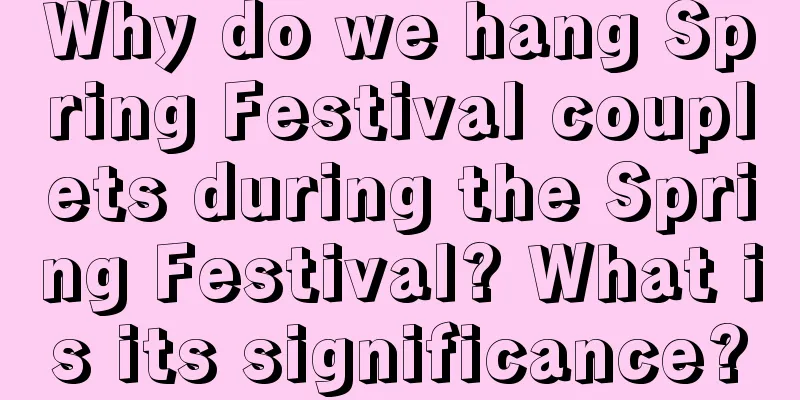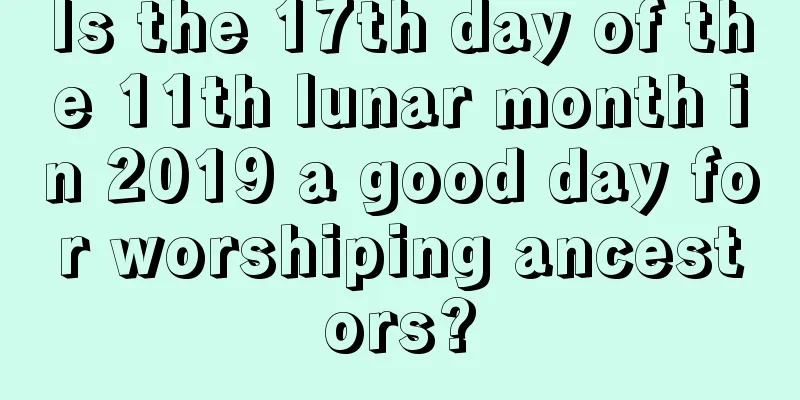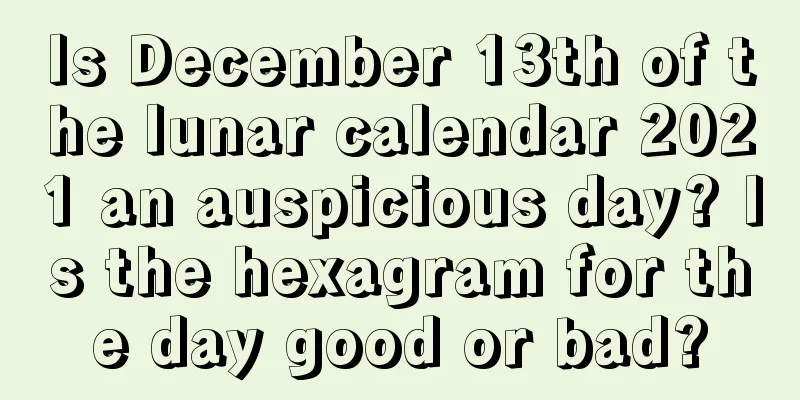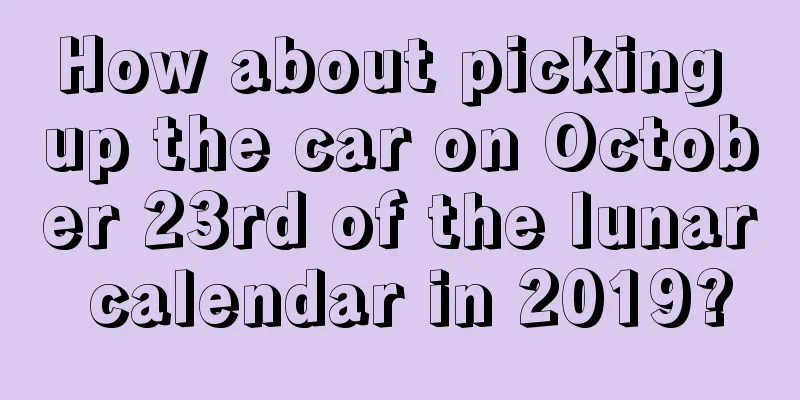Why do we hang Spring Festival couplets during the Spring Festival? What is its significance?

Spring Festival couplets are also called "door couplets", "spring stickers", "couplets" and "couplets". They use neat, parallel, concise and exquisite words to depict the background of the times and express good wishes. They are a unique literary form in my country. During every Spring Festival, no matter in the city or in the countryside, every household will select a bright red couplet to paste on the door to add to the festive atmosphere. So how did the custom of pasting Spring Festival couplets come about? Want to know more about the 2018 Spring Festival? Then continue to explore the 2018 Spring Festival special topic on the Fortune Teller website!The Origin of Pasting Spring Festival CoupletsSpring Festival couplets were not originally called "Spring Festival couplets" but "Peach Charms". It is said that the origin of pasting peach charms is very early. At that time, pasting "peach charms" was used to drive away demons and monsters. Legend has it that in ancient times there was an extremely ferocious monster that often did evil and harmed the people, but nothing could subdue it. Later, two gods who specialized in exorcising demons came and they subdued the monster with peach branches. Thus, the word spread among the people that if one hung a peach branch with the names of the two gods engraved on it on the door, demons and monsters would not dare to approach. Later, such peach branches were called "Tao Fu", and "Tao Fu" became popular.During the Five Dynasties and Ten Kingdoms period, peach charms evolved into Spring Festival couplets. According to records, Meng Chang, the ruler of Later Shu, asked Zhang Xun to write an inscription on peach wood. After Zhang Xun finished writing, Meng Chang felt that it was not antithetical, so he wrote: "The New Year brings us more blessings, and the festival is called Changchun." This was the first Spring Festival couplet in China, and at that time it was also called Tao Fu. Later, with the emergence of paper, peach wood was replaced by red paper. Spring Festival couplets really appeared during the reign of Zhu Yuanzhang in the Ming Dynasty. At that time, Zhu Yuanzhang required every household to post Spring Festival couplets, so the streets and alleys were filled with Spring Festival couplets. The significance of pasting Spring Festival coupletsAdd a festive atmosphere to the Spring Festival. Spring Festival couplets are all written in black on a red background or in gold on a red background, with various patterns on top, which are in line with the festivity and joy of the New Year and add to the festive atmosphere of the Spring Festival.Express good wishes and visions. The patterns in the Spring Festival couplets, such as fish, imply abundance every year; beautiful words, such as "As the years go by, people get older, spring fills the world and blessings fill the house", express people's beautiful wishes for the coming year. Folk sayings say it can help avoid danger and misfortune. This saying comes from the legend of the "Nian Beast". It is said that the Nian Beast is afraid of red, so every New Year's Eve every household posts couplets to drive away the Nian Beast. The custom of posting couplets has been passed down to this day, expressing people's desire to avoid evil and avoid difficulties. |
Recommend
Is the second day of the seventh lunar month in 2022 suitable for proposing marriage? Is it an auspicious day?
The seventh month of the lunar calendar is also kn...
Is it good to get pregnant during the Minor Cold season in 2019? What should I pay attention to during pregnancy?
Minor Cold is the 23rd solar term in the 24 solar ...
Is it a good time to raise the beam on the third day of the fifth lunar month in 2020? Recommended couplets for raising the beam of a house!
Introduction: Generally, it is necessary to choose...
Is the fate of a girl born on the fifth day of the seventh lunar month in 2022 good? What's your personality like?
Is the fate of a girl born on the fifth day of the...
What are the taboos during the Beginning of Autumn? What should we pay attention to during the Beginning of Autumn?
The cicadas are chirping, and the beginning of aut...
What day is March 15th in the lunar calendar in 2019? What month and date is it?
How much do you know about the third month of the...
What is the date of December 13th in the lunar calendar in 2019? What date is it in the Gregorian calendar?
The lunar calendar and the Gregorian calendar are...
Is the Civil Affairs Bureau open on the 16th day of the lunar year? Can I apply for a marriage certificate?
As we all know, if you want to get a marriage cert...
Is it suitable to set up the bed on the day before the Ghost Festival in July 2019? Is it suitable to set up the bed on July 14th?
Introduction: It is often necessary to choose an a...
Is it a good idea to worship our ancestors on the Cold Clothes Festival on October 1, 2017?
China has a diverse culture, and many cultural fes...
How are those who died on Christmas? What happens after death?
What does it mean to die on a holiday like Christm...
Is September 18th of the lunar calendar in 2019 a good day for a haircut?
The ninth month of the lunar calendar is late autu...
Check the lunar calendar for Christmas Day, November 30, 2019 - auspicious and ominous gods and demons!
The lunar calendar is our country's traditiona...
What is the zodiac sign of the rat baby born on October 12, 2020? Zodiac personality analysis
Introduction: A new life is born every new calenda...
Will the Pig have good luck in love during the National Day 2017? Can I meet my soulmate?
Introduction: There are usually gatherings during ...









